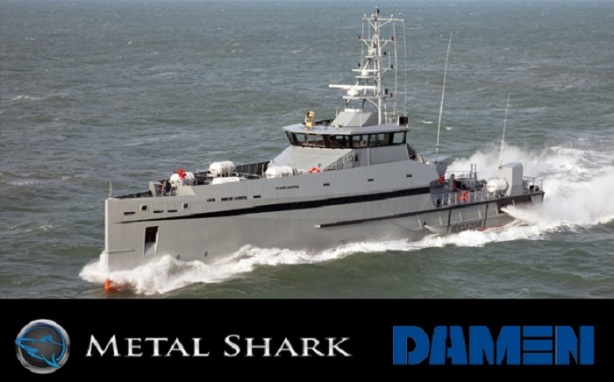As the Peoples Republic of China continues to unnerve its neighbors in the South China Sea, the US has quietly been bolstering its southeast Asia allies, and, rather curiously, courted new ones some would never expect to see within the US sphere of influence. In his recent trip to Vietnam, Secretary of Defense Ash Carter agreed that “the US will provide $18 million to Vietnam to help procure coast guard patrol vessels, a first step in what Secretary of Defense Ash Carter hopes is a growing military relationship between those two countries”, according to Defense News.
This isn’t the first time that the US has peered over the spectacles of Communism and looked beyond its decades-long differences with a nation in order to shore up its other interests abroad. Currently, the US has begun the arduous task of normalizing relations with Cuba, has strengthened its ties to former Soviet controlled Baltic republics, stood with Ukraine and Georgia in their territorial disputes with Russia, and looked to bring other nations into the fold of NATO in the resource-rich Arctic region. As China continues to assert its influence over the South China Sea and the Spratly Islands, they have created a difficult diplomatic situation with Brunei, Vietnam, Taiwan, South Korea and Japan, while simultaneously transitioning the Peoples Liberation Army Navy from one of home waters defense to a blue water navy. Recently they concluded a joint exercise with Russian warships in the Mediterranean, underlying their growing allegiance with Russia and expanding role of its maritime forces.

